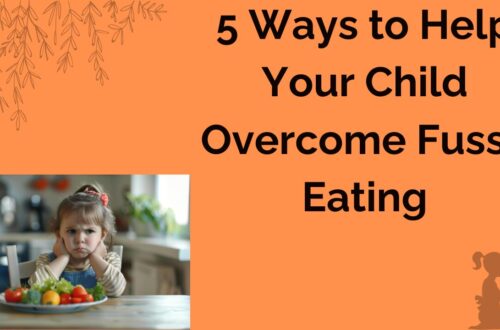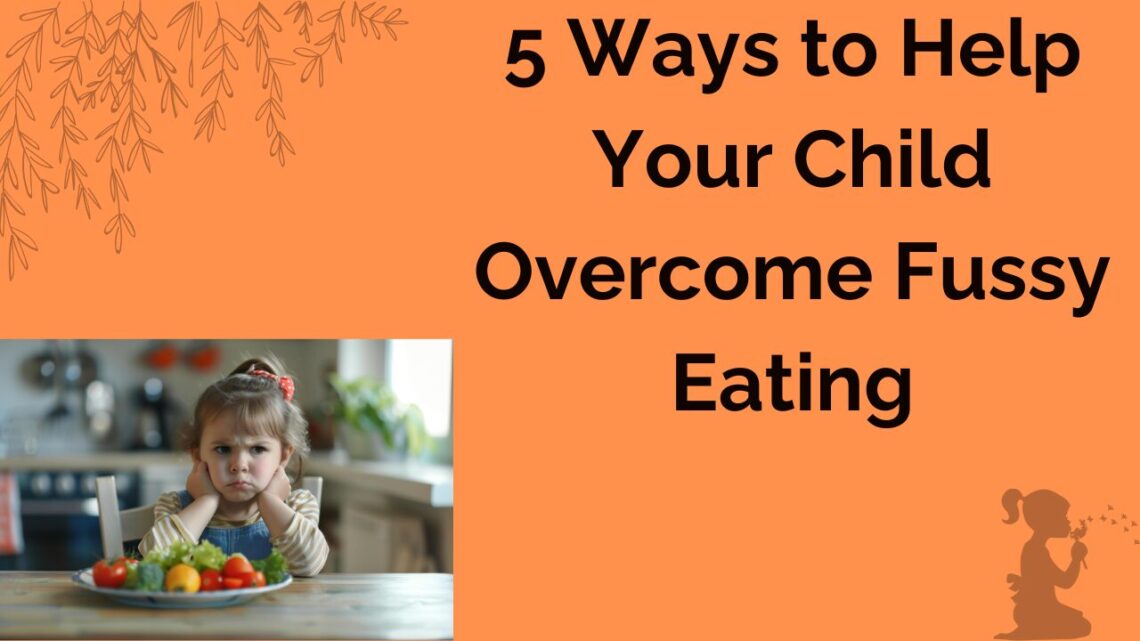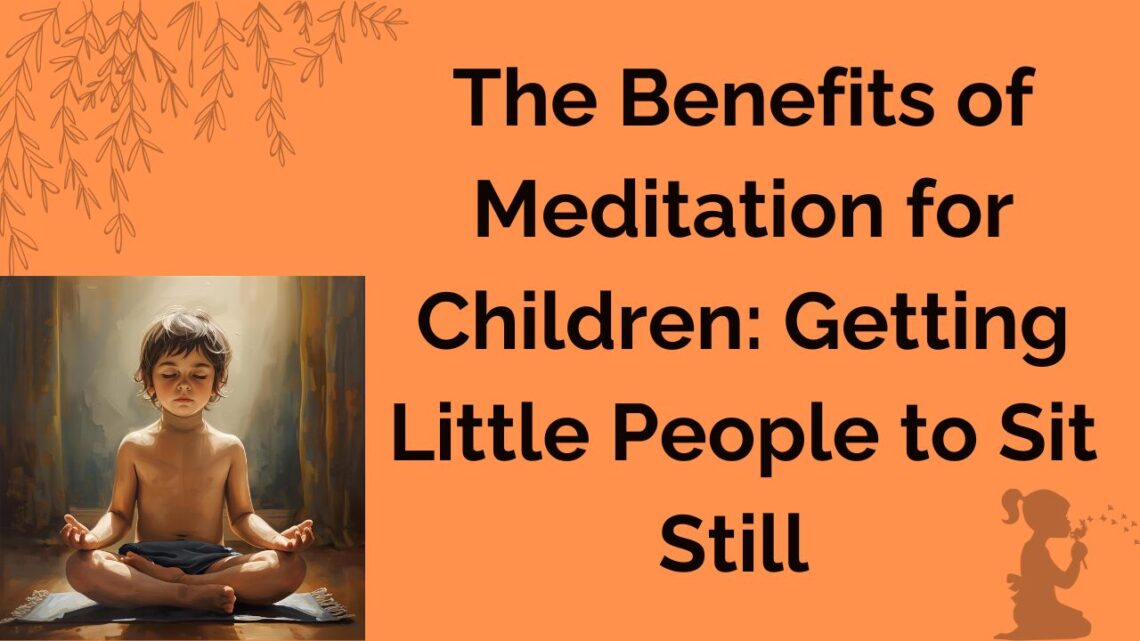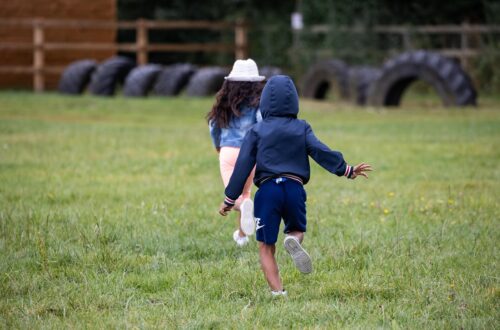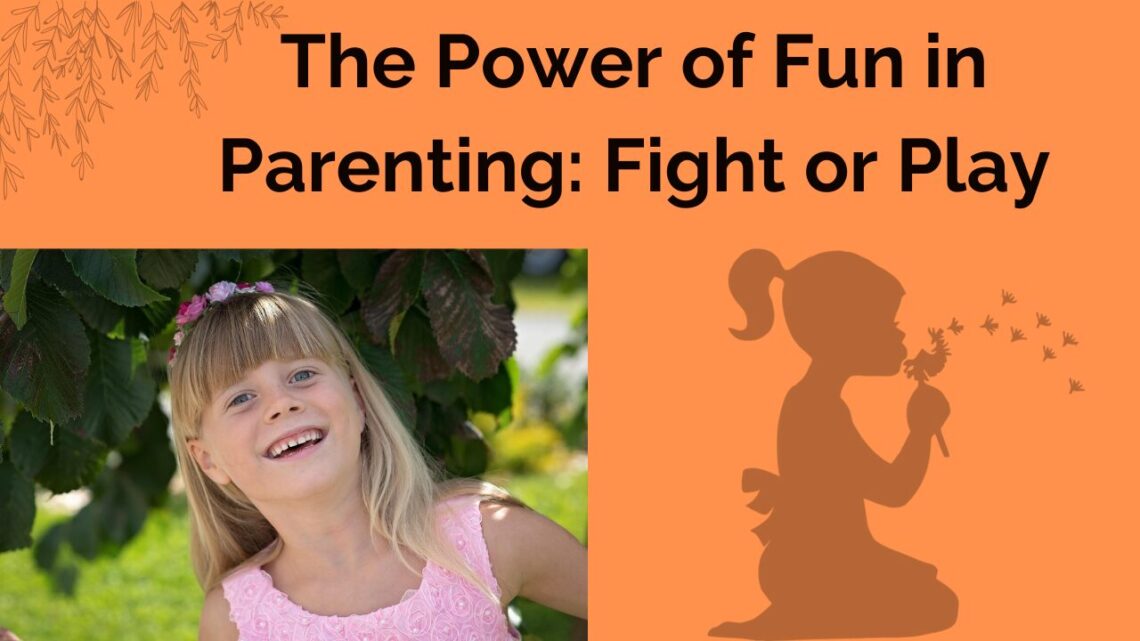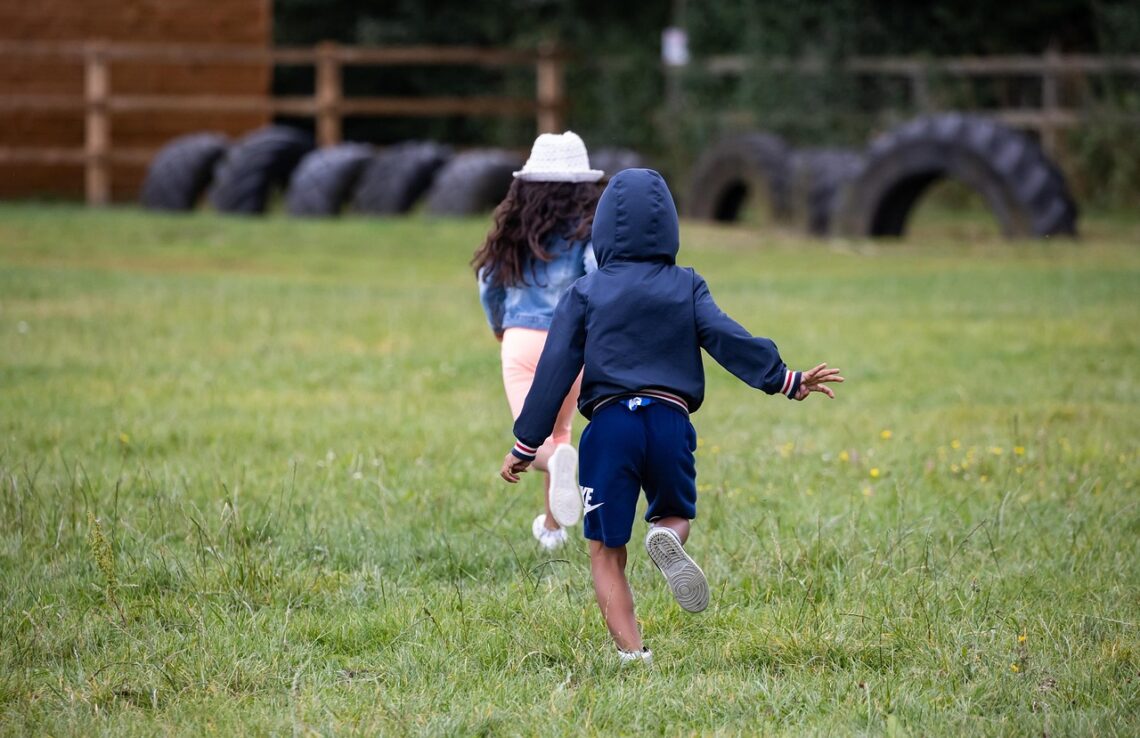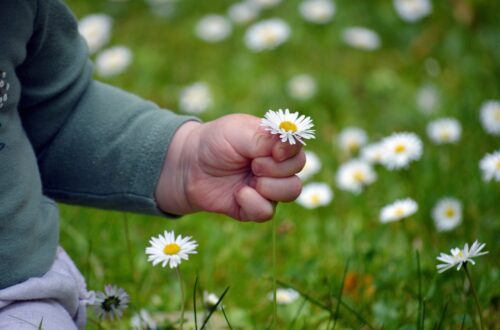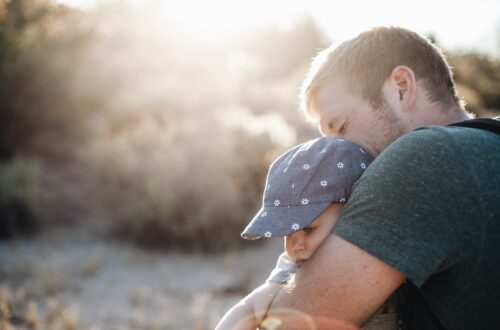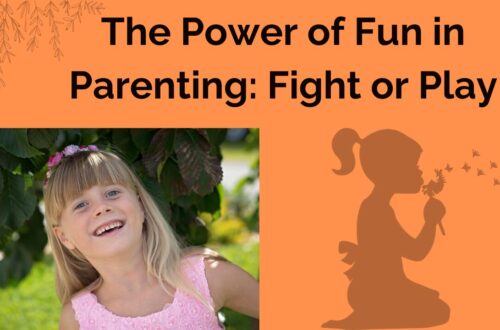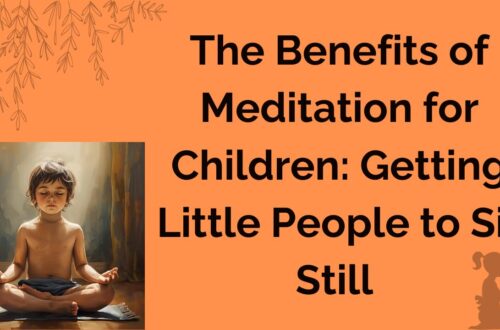-
Is Screen Really that Bad for Your Child?
Is screen really that bad for your child? As a parent, you may feel guilty for letting your child spend time watching TV or playing online games. However, screens now feel like a staple of modern childhood. Cutting out all electronics is near on impossible. Fortunately, in moderation and with appropriate boundaries, some screen time can be beneficial. That doesn’t mean that we don’t need to be cautious. There can be risks as well. What are the benefits of screen time? Technological advancement does bring benefits. There are ways that your child can use a screen that will help and support them. Social Connection The world is not like it…
-
5 Ways to Help Your Child Overcome Fussy Eating
Parents of children who eat well often suggest that to overcome fussy eating, you should insist your child eats what you give them. Parents of fussy eaters know that it is not that simple. My son used to eat everything, and I joined the ranks of the smug parents, thinking, if you don’t make food an issue, it won’t be. Then my son started not liking a few foods. Then a few more foods. In fact, at one point, the only meal I could be sure that he would eat was a butter wrap. The truth is that fussy eating is something a lot of children go through. It is…
-
The benefits of meditation for children- Getting little people to sit still
The benefits of meditation for children are as numerous and profound as they are for adults. Meditation is not an activity we would usually think of for a child. Children are rarely naturally still. It is true that they benefit from exercise and physical activity, especially when done outside. However, meditation can also be a great tool in supporting positive mental health and combating anxiety. What age can children meditate? Children can meditate from as young as three or four years of age. In fact, as soon as a child can sit still for a few minutes, you can begin to introduce them to meditation. For younger children, they may…
-
The Power of Fun in Parenting: Fight or Play
The power of fun is not something that you hear much about much in the world of parenting. It is often seen as superfluous; A little treat for when the real parenting is done. In truth, it is so much more. Fun and games, laughter and smiles; these are the things that can fill childhood with sunshine. They are also powerful tools to support your child. Why Fun is Powerful Children have a lot to learn. In the same way, parents have a lot to teach. The use of fun in your parenting journey has the power to help your children learn faster and more efficiently. When your child is…
-
How to survive the summer holidays: Bringing sunshine to the chaos
How to survive the summer holidays is more of a question asked by parents, than by children. For most of our little ones, multiple weeks off school is bliss. As adults, it can be stressful and chaotic. Of course, you probably love spending time with your little one. In many homes, however, all the grown-ups are working, making childcare difficult. Keeping a house clean with children playing full-time can feel impossible. Some families also find that the lack of structure can make it difficult for children to regulate their emotions. This can mean that they end up making poor choices. So, if you feel like you survive the summer holidays,…
-
How to help your child cope with change
If you are wondering how to help your child cope with change, you are not alone. When adults face a shake-up of their circumstances, we often struggle. For children, it can be even harder. Why do children find change difficult? Before we examine how to help children cope with change, it is worth exploring why children find change so difficult. Children, like adults, like stability. They thrive on routines and predictability. The things that they know offer a sense of safety and familiarity. When adults face change, we do so with a greater level of understanding. We know what will be the same and what may be different. There will…
-
The importance of play for your toddler: A whole new world
The importance of play for your toddler may not be highlighted when we talk about their fundamental needs. Food, love, and shelter are things that our children need to survive. However, you probably want more than survival for your children. You likely want them to thrive. Play can be an important part of helping them learn and develop. Why is play important for toddlers? Children enter a world that is big and mysterious to them. Play is the way that they explore their surroundings and learn how to interact with others. It also helps them to learn about themselves, their capabilities, limitations and potential. From when they are babies, our…
-
The benefits of risk-taking for children
The benefits of risk-taking for children can be lost. Instead, you may feel the very real necessity to keep your children safe. Keeping your child safe and well is, of course, your number one priority. We all have the ominous “what if” hanging over our heads. With the rise of social media, you may feel even more scared. Your home page may be full of horror stories and worst case scenarios. So, why talk about the benefits of risk-taking for children? Taking risks does not mean acting dangerously Before we go any further, let us clarify. Risk-taking is not the same as dangerous behaviour. Of course, dangerous behaviour is an…
-
Developing your child’s self-esteem: Who do they think they are?
Is developing your child’s self-esteem something that you can do as a parent, or will their self-image manifest on its own, without your influence? Research suggests that parents do in fact play a big role in the development of a child’s self-esteem. As children are developing an idea of who they are, the way that we see them and react to them becomes an integral component of the image they begin to form of themselves. What is self-esteem Let’s start by clarifying what we mean when we talk about self-esteem. The definition of self-esteem can sometimes vary. At times, it is used to describe the way a person views themself.…
-
How to help you child against peer pressure
Like many parents, you likely want to help your child stand up against peer pressure. You want them to know what is right and what is wrong. You hope that when they are away from you, even if everyone around them is making a poor choice, they will be smart, safe and kind. Unfortunately, children, like adults, want to fit in. The need to belong is an innate one, and it is strong. They will be surrounded by other children. Children who like them are trying to work out who they are in a world that feels big and confusing. What age does peer pressure start? If you want to…




